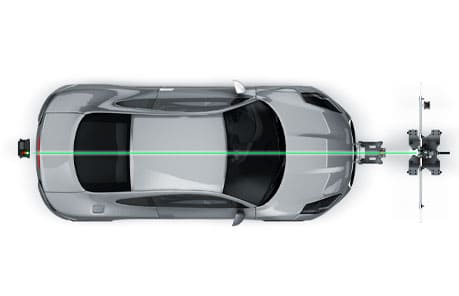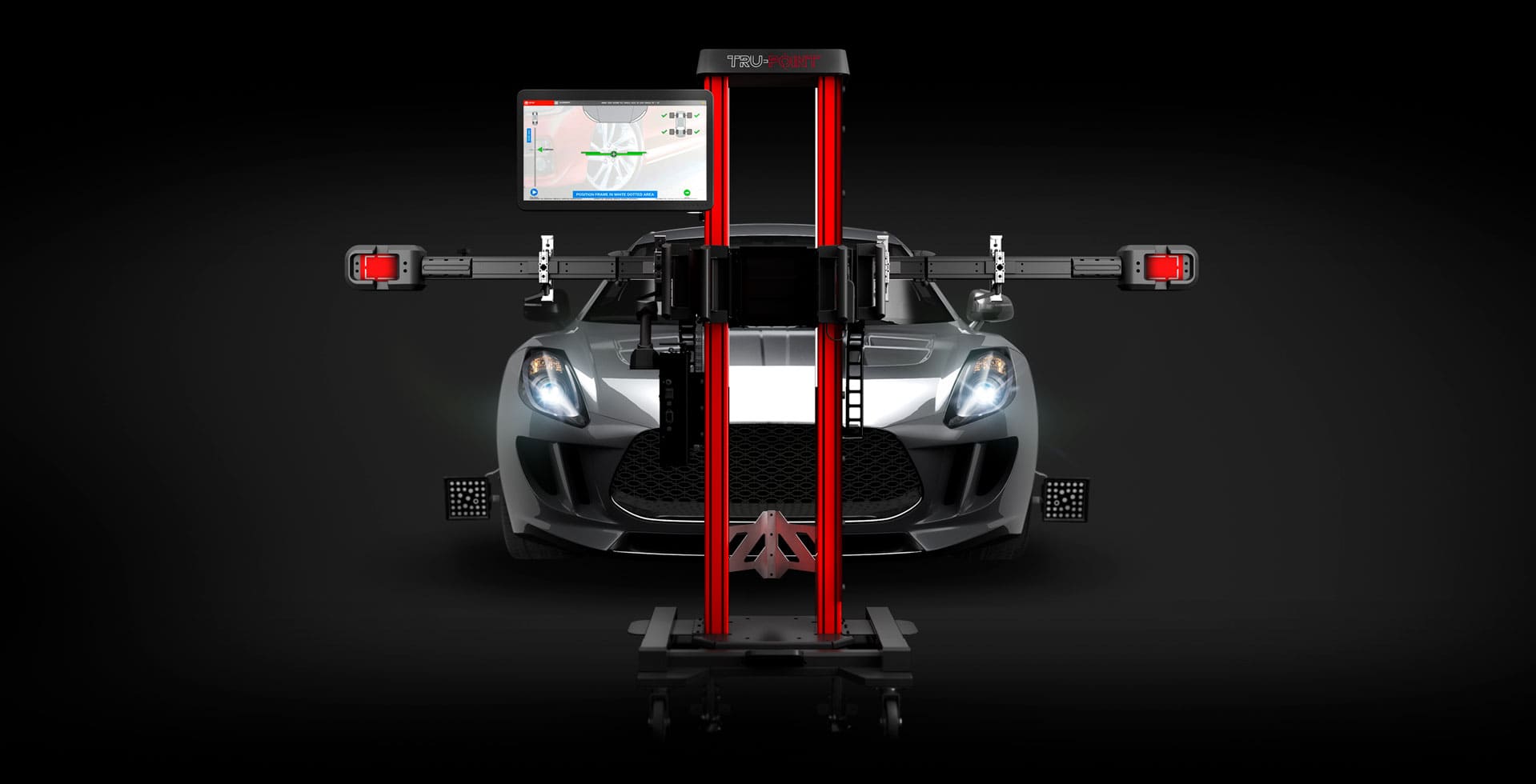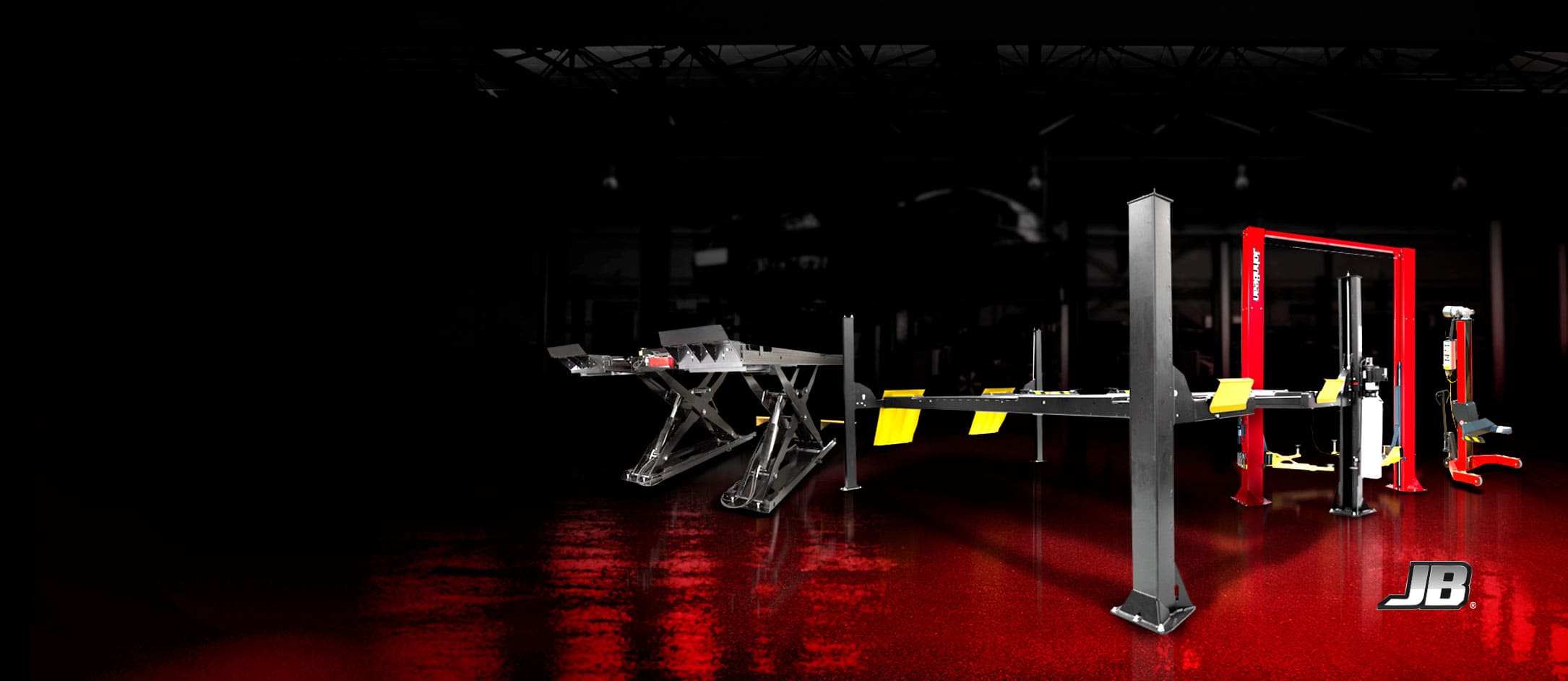At John Bean®, we believe that earning your Original Equipment Manufacturer (OEM) certification is more than a milestone—it’s a game-changer for your auto repair business. This prestigious seal of excellence sets you apart, proving that your shop meets the rigorous standards set by vehicle manufacturers. With OEM certification, you deliver repairs with precision, using approved methods, genuine parts, and cutting-edge tools that uphold a vehicle’s original design and safety.
For over a century, John Bean® has empowered auto body shops with the expertise, equipment, and training needed to achieve OEM certification. Our ASE/CASE- and I-CAR-certified team stands ready to guide you toward this transformative achievement. In this guide, we’ll unpack the value of OEM certification, its benefits for your business, and the clear steps to earn it—helping you elevate your shop to new heights of success.
What is OEM Certification?
OEM certification is a formal endorsement from vehicle manufacturers, awarded to repair facilities that follow their exacting repair protocols. It ensures that every repair—whether structural, mechanical, or cosmetic—uses manufacturer-approved techniques, equipment, and components. The result? Vehicles restored to factory specifications, with no compromises on safety, performance, or integrity.
Certified shops don’t just meet benchmarks—they set them. By adhering to these high standards, you reassure customers that their vehicles are in expert hands, preserving resale value and peace of mind.
The Benefits of OEM Certification
OEM certifications aren’t just a badge—it’s a business booster. Customers trust certified shops to deliver meticulous repairs that match manufacturer standards, returning their vehicles to pre-accident condition with unmatched quality. This trust translates into loyalty and repeat business.
Insurance companies and dealerships also take notice. They prefer partnering with OEM-certified shops for their proven commitment to excellence, often steering more repair jobs your way. This steady stream of work fuels profitability and growth over time.
Another substantial advantage is direct access to OEM parts. Certified shops source genuine components straight from manufacturers, ensuring a perfect fit and flawless performance. These parts enhance repair durability and safety, reinforcing your reputation as a shop that gets it right the first time.
Adherence to OEM repair procedures also minimizes mistakes and costly rework. Precision becomes your hallmark, positioning your shop as a leader in the industry.
OEM Certified vs. Non-Certified Shops
The difference between OEM-certified and non-certified shops is stark. Certified facilities operate with manufacturer-backed precision—using the right tools, parts, and processes to restore vehicles to factory condition. There’s no guesswork, only results.
Non-certified shops, by contrast, often lean on aftermarket parts. While these components can serve a purpose, they may not always match the fit or longevity of a genuine OEM part. Without access to manufacturer-approved techniques, non-certified repairs might fall short of factory standards—potentially affecting warranties or long-term performance.
We find that customers who value their vehicle’s safety and reliability tend to gravitate towards an OEM certified shop. They know the job will be done right, reducing headaches and boosting satisfaction.
Cost and Time Investment
Investing in an OEM certification program requires commitment—both in time and resources—but the payoff is worth it. Certification fees vary by manufacturer and often include renewals to maintain your status. It’s an investment in your shop’s future.
Training is essential. Your technicians will need to master specialized programs, from online courses to hands-on workshops, sometimes requiring travel. While this may briefly impact productivity, it builds expertise that sets you apart.
Equipment upgrades are also critical. OEM certification demands tools that meet manufacturer specs—think advanced alignment systems or precision measurement devices. These upgrades ensure compliance and elevate your repair quality.
OEM Certification For General Repair Shops
For general mechanics and multi-service repair shops, OEM certification opens doors to new opportunities. It’s not just for collision specialists—certification equips any shop to handle manufacturer-specific repairs with confidence, from routine maintenance to complex diagnostics. Whether you’re servicing brakes, suspensions, or advanced driver-assistance systems (ADAS), OEM certification ensures you’re aligned with the latest standards and technologies.
This credential broadens your appeal. Customers with high-end or late-model vehicles often seek certified expertise, even for everyday repairs. Plus, it positions you as a versatile, forward-thinking shop ready to tackle the evolving automotive landscape—think electric vehicles, hybrid systems, and beyond. With industry-leading tools and training from John Bean®, general repair shops can confidently step into the OEM-certified arena.
How to Get Started
Achieving OEM certification is a structured process that becomes more manageable when broken down into key steps:
- Research Your OEMs – Pinpoint the manufacturers that align with your shop’s focus and customer base. Certification requirements differ, so choose wisely.
- Prepare Your Shop – Upgrade equipment, streamline processes, and create a workspace that reflects OEM standards.
- Submit Your Application – Detail your facility, team, and compliance measures in your application to the OEM.
- Train Your Team – Enroll technicians in manufacturer-approved programs to master the skills needed for certified repairs.
- Ace the Inspection – An OEM representative will evaluate your shop. Ensure tools, procedures, and safety protocols are flawless.
- Earn Your Certification – Once approved, showcase your status to attract new business and build credibility.
- Utilize OEM Resources – Use ongoing training and marketing support from manufacturers to stay ahead of the curve.
Long-Term Benefits
OEM certification is a strategic asset that pays dividends. It cements your reputation as a trusted repair expert, deepening ties with customers, insurers, and dealerships. Referrals soar as partners prioritize certified shops, driving steady growth.
Staying certified also keeps you ahead of industry shifts. With rapid advancements in automotive tech, from ADAS to electrification, OEM certification ensures your shop remains a leader—not a follower.
Conclusion
OEM certification is your ticket to standing out in the automotive repair industry. It’s a commitment to precision, quality, and excellence that transforms your business from the inside out. Yes, it takes effort—but with John Bean by your side, the journey is clear, and the rewards are lasting.
Ready to earn your seal of excellence? Visit our John Bean OEM page to explore the tools and training that will get you there.


 The Complete Guide to Steering Angle Sensors
The Complete Guide to Steering Angle Sensors  Symmetric vs Asymmetric Lift: Which is Best for Your Repair Shop?
Symmetric vs Asymmetric Lift: Which is Best for Your Repair Shop?  Wheel Alignment: Everything You Need To Know
Wheel Alignment: Everything You Need To Know  The Complete Guide to ADAS Calibration
The Complete Guide to ADAS Calibration